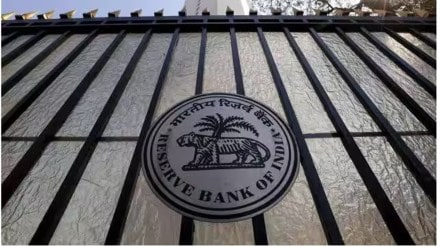The Reserve Bank of India’s (RBI) six-member Monetary Policy Committee (MPC) will act on repo rate only if the headline inflation, as measured by the consumer price index (CPI), persists above its tolerance band of 4%-6%, says external member of the MPC Ashima Goyal. Goyal tells Piyush Shukla adjusting policy rates with every transient inflation shock would make rates too volatile and unsettle markets. Excerpts:
The July CPI inflation at 7.44% was higher than market and the Reserve Bank of India (RBI) estimates. While tomato prices have now started cooling, onion prices are rising. If inflation continues to be driven by food prices, how long will the RBI MPC wait to act?
At this stage, the MPC needs to ensure the real repo rate, calculated with medium term expected inflation and less affected by transient shocks and measurement issues, remains positive. This continues to be the case at present. If headline inflation is expected to rise persistently above the tolerance bands the MPC will act.
The RBI MPC revised Q2 inflation forecast by 100 bps to 6.2%, why did it not consider increasing repo rate?
The rise was due to an unprecedented spike in vegetable prices that is expected to reverse soon with new arrivals since vegetables have a short sowing cycle. Adjusting policy rates with every transient inflation shock would make rates too volatile and unsettle markets. The government is also taking supply-side action, which is more effective against supply shocks.
While GDP growth is expected to be robust during Q1, the full year GDP growth forecast for FY23 is less than FY22. Will the RBI focus more on growth than inflation or vice versa?
The RBI will continue with its mandate, which is to maintain price stability while keeping in mind the objective of growth.
Overall monsoon levels are normal but reports say that August (Till August 20) was the worst rainfall month in last 100 years, how much of a concern is this to the MPC?
The rains are expected to be irregular this year because of the El Nino effect. This is, however, countered by the Indian Ocean dipole, which has also become active. So it is better to wait for a couple of months before judging the monsoon. Also the diversity and resilience of Indian agriculture has increased.
Fitch Ratings has downgraded the credit rating of US and rating agencies have also downgraded some of the US banks. What could be the fallout effect of the same on Indian economy and Indian banks?
The strength of Indian banks stands out more in contrast. Our banks were cleaning out their balance sheets under strong regulation when regulations were diluted for small US banks, although financial conditions were loose.
